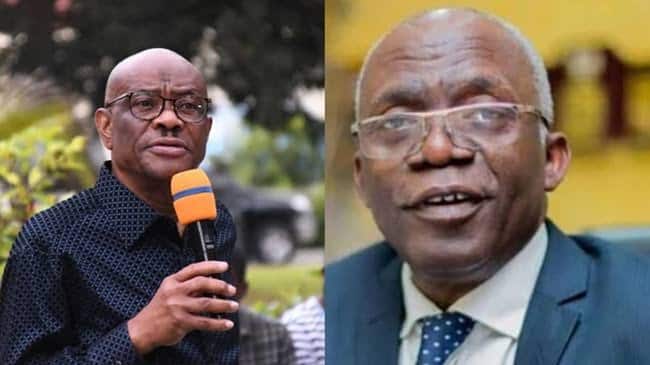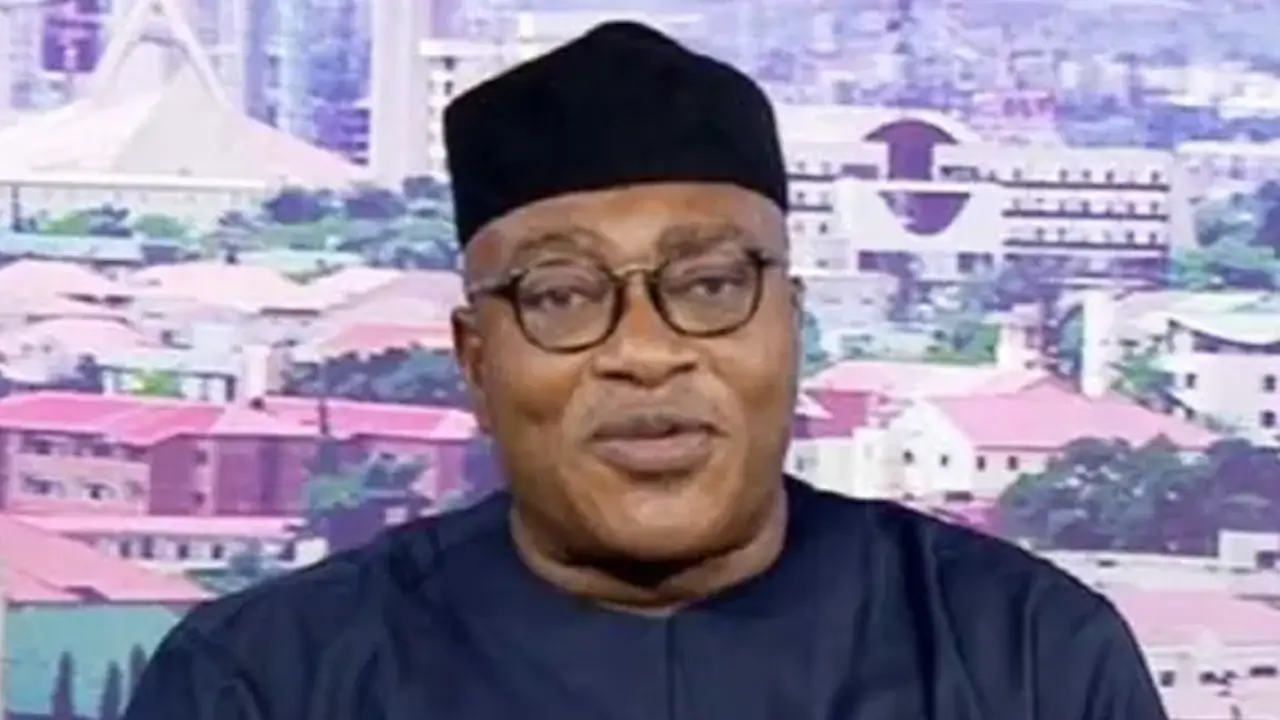
Justice Kudirat Kekere-Ekun
Senior lawyers, activists, and stakeholders in the nation’s justice system have called on the incoming Chief Justice of Nigeria, Justice Kudirat Kekere-Ekun, to reform the judiciary.
They noted that a complete overhaul of Nigeria’s judiciary is essential to restore public confidence in this arm of government.
Two Professors of Law, Ernest Ojukwu (SAN) and Samuel Erugo (SAN), alongside other panellists at a roundtable discussion in Abuja on Tuesday, lamented the state of Nigeria’s judiciary.
Speaking at the session, activist Aisha Yesufu and the panellists insisted that “a total reform is needed in the judiciary in the best interest of justice delivery.”
During the event, where a five-point agenda was drafted as a guide for the incoming CJN, Professor Ojukwu advised the new CJN to ensure that Nigerians do not become disillusioned, but rather that the “principles of equity, fairness, and justice become her watchwords.”
The professor also called on the courts to distance themselves from election cases to ensure that only true winners at the polls become leaders.
Samuel Erugo (SAN) suggested that the Supreme Court should be reformed to allow it to review its own judgements, especially in cases where there is significant public outcry.
Additionally, the panellists urged Kekere-Ekun to be prepared to reform judicial appointments to eliminate nepotism and favouritism.
Similarly, the stakeholders want the incoming CJN to address the issue of conflicting judgements and orders issued by courts of coordinate jurisdiction, in the interest of both the judiciary and the public.
Furthermore, the panellists urged the new head of the judiciary to prioritise discipline and accountability as a means of restoring public confidence in the judiciary.
Speaking at the event, the Executive Director of Tap Initiative, Mr Martin Obono, observed that the National Judicial Council, which oversees the appointment of judges, has recently faced heavy criticism, particularly with accusations that the outgoing CJN, Justice Olukayode Ariwoola, appointed family members, relatives, and children of former justices to the bench.
Obono alleged that the council disregarded its guidelines in recent appointments, claiming that “there have been reports of insider subversion of the applicable rules governing judicial appointments, such as the reported appointment, in one instance, of a candidate who scored zero in the NJC interview.”
He therefore urged the new CJN “to commit explicitly to a policy of restoring integrity and merit to judicial appointments,” adding that achieving this would require the introduction of transparent selection processes, advertisement of judicial vacancies, nomination of candidates, interviews, shortlisting, and final selection.
Another lawyer and member of the Nigerian Bar Association, Mr Folarin Aluko, urged the new CJN to urgently address the issue of conflicting judgements and the abuse of interim injunctions.
“There should be clear practice directions on the management of territorial jurisdiction overlaps. It is suggested that the structure and scope of such overlaps be agreed upon at the All Nigerian Conference of Judges and that the Practice Directions be uniform across all court systems in the country,” he said.
Aisha Yesufu called for increased financial transparency, accountability, and public reporting to restore trust.
She also stated that disciplinary processes should be “both prompt and decisive, with punishments proportionate to the seriousness of the misconduct found.”
Justice Kekere-Ekun is expected to assume leadership of Nigeria’s judiciary on Thursday, as the incumbent, Justice Olukayode Ariwoola, retires, having reached the mandatory retirement age of 70 years.

 2 months ago
8
2 months ago
8












![Just In: Tinubu Departs Aso Villa For Late COAS Lagbaja’s Burial [Video]](https://www.naijanews.com/wp-content/uploads/2023/06/20230622_180721.jpg)


 English (US) ·
English (US) ·